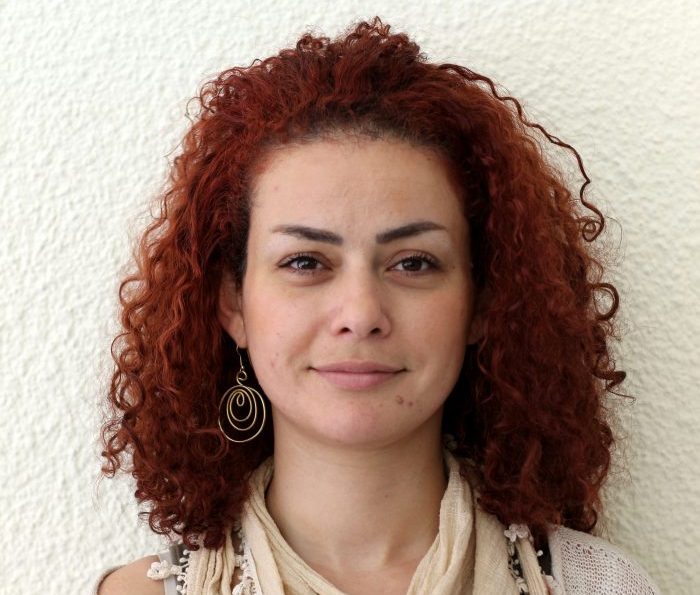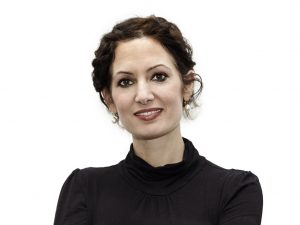What are your findings about refugees’ attitudes and values towards Germany and German society?
Until now most of the Syrian women, as I mentioned before, were still living in refugee accommodations. This situation impedes them from understanding and exploring German society. It also sometimes gives them negative impressions about German values, since they meet relatively few Germans as security staff, administration and volunteers. Volunteers are the most lovable category for the Syrian women, since they help them, listen to them, and understand their needs as human beings and as women, more than others. Most of the women that I interviewed want to know more about the German values and life. And they are aware that Germany has strong legal rules that protect women on different levels. But they haven’t had the chance yet, to explore and benefit from it.
What do (female) refugees know about Germany before they come? What do they appreciate about Germany? What aspirations do they have?
Most of the women that I interviewed were seeking safety and dignity in Germany, and they were expecting this from German society. They appreciate that they are in a safe place now, and they know that in the near future, after finishing the languages courses and integration programmes, they can do what they want to do; learn, work…etc. But most of the women, especially in refugees accommodations, don’t feel that they are living in a dignified way, since they were expecting better living conditions, more privacy, and more care of them as women, by the German government and society.
How do refugees see the equal rights of men and women in Germany? How does is affect their (future) behavior?
Most of the Syrian women know that they have equal rights in Germany, and that it is not as it was in Syria. They are aware that they can decide what they want to do in the future, and that they can inform the police or other parties if they face domestic violence or sexual harassment. They are also aware that they can decide to get a divorce, if they want to. I have met many women who are starting to think of themselves as far away from the traditional norms and rules which control Syrian women’s life in Syria. They appreciate this about German society, and I think this can give them the space to decide what they want to be.
 Fleisch aus dem Labor
Fleisch aus dem Labor  CO2-Speicherung
CO2-Speicherung  Biodiversität
Biodiversität  Fracking
Fracking  Dürre
Dürre  Pränataldiagnostik
Pränataldiagnostik  Ernährungssicherung
Ernährungssicherung  Energiesicherheit
Energiesicherheit  Quantentechnologien
Quantentechnologien  Kinderarmut
Kinderarmut  Kosten des Klimawandels
Kosten des Klimawandels  Wahlverhalten
Wahlverhalten  Nudging
Nudging  Kryptowährung und Blockchain
Kryptowährung und Blockchain  Genchirurgie
Genchirurgie  Debattenkultur
Debattenkultur  Impfstoffverteilung
Impfstoffverteilung  Corona
Corona  Atomendlager
Atomendlager  Weltraumnutzung
Weltraumnutzung  Drohnen
Drohnen  Gedenkkultur
Gedenkkultur  Medikamentenentwicklung
Medikamentenentwicklung  Organspende
Organspende  Kriminalität
Kriminalität  Krankenhaus
Krankenhaus  Cannabis
Cannabis  Künstliche Intelligenz
Künstliche Intelligenz  Feinstaub
Feinstaub  Geoengineering
Geoengineering  Intelligenz
Intelligenz  Wohnungsmarkt
Wohnungsmarkt  Plastikmüll
Plastikmüll  Digitalisierte Kindheit
Digitalisierte Kindheit  Frieden
Frieden  Meinungsforschung
Meinungsforschung  Alzheimer
Alzheimer  Bienensterben
Bienensterben  E-Zigarette
E-Zigarette  Social Bots
Social Bots  Autonomes Fahren
Autonomes Fahren  Flucht und Migration
Flucht und Migration 











